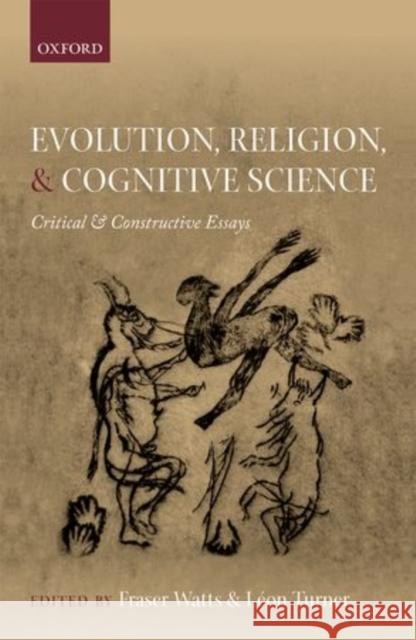Evolution, Religion, and Cognitive Science: Critical and Constructive Essays » książka
Evolution, Religion, and Cognitive Science: Critical and Constructive Essays
ISBN-13: 9780199688081 / Angielski / Twarda / 2014 / 272 str.
The cognitive science of religion is an inherently heterogeneous subject, incorporating theory and data from anthropology, psychology, sociology, evolutionary biology, and philosophy of mind amongst other subjects. One increasingly influential area of research in this field is concerned specifically with exploring the relationship between the evolution of the human mind, the evolution of culture in general, and the origins and subsequent development of religion. This research has exerted a strong influence on many areas of religious studies over the last twenty years, but, for some, the so-called "evolutionary cognitive science of religion" remains a deeply problematic enterprise. This book's primary aim is to engage critically and constructively with this complex and diverse body of research from a wide range of perspectives. To these ends, the book brings together authors from a variety of relevant disciplines, in the thorough exploration of many of the key debates in the field. These include, for example: can certain aspects of religion be considered adaptive, or are they evolutionary by-products? Is the evolutionary cognitive science of religion compatible with theism? Is the evolutionary cognitive approach compatible with other, more traditional approaches to the study of religion? To what extent is religion shaped by cultural evolutionary processes? Is the evolutionary account of the mind that underpins the evolutionary cognitive approach the best or only available account? Written in accessible language, with an introductory chapter by Ilkka Pyssiainen, a leading scholar in the field, this book is a valuable resource for specialists, undergraduate and graduate students, and newcomers to the evolutionary cognitive science of religion.











